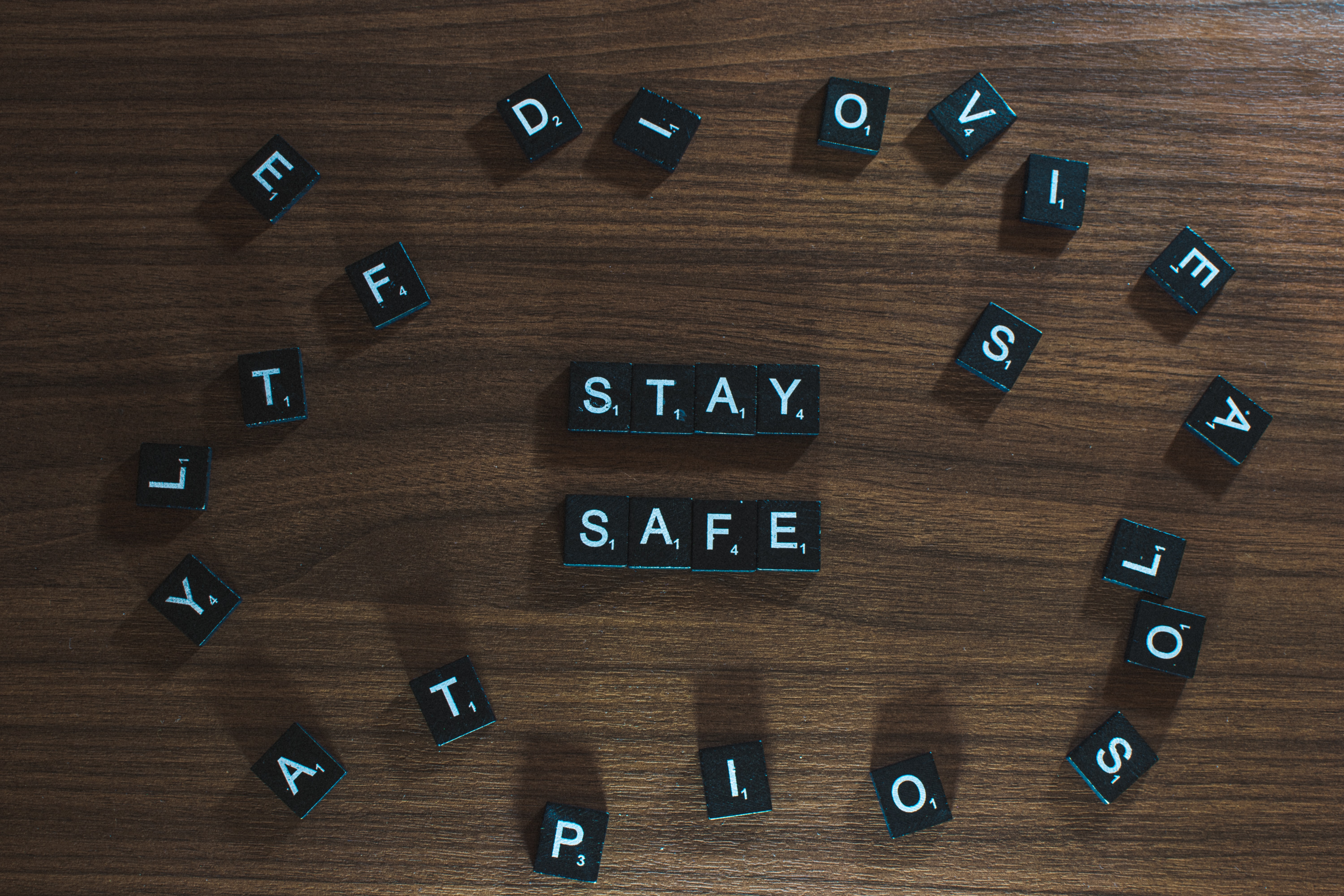
Because of the national emergency of the coronavirus pandemic, official health and safety directives are requiring most people around the country to stay home and practice social distancing, creating a new normal. And, if your college student has been back for a few weeks, you may notice that they are spending a lot of time in their room or keeping odd hours. You also may see your student playing more games, not talking to friends, frequently on their phone or computer, not talking to you, or giving short answers. At this point you are likely wondering when they complete online classes, homework, and tests.
The following tips from counselors at UNL’s Counseling and Psychological Services (CAPS) aim to help promote a peaceful relationship between you and your student during this time.
Be supportive, not intrusive.
After living on their own for the past six months and making their own decisions, students may find it difficult to adhere to the “house rules.” You must acknowledge that your college student is an adult and respect their need for space and privacy. However, it is important to work together to establish boundaries and set expectations that can foster their independence and create amicable co-existence.
Discuss the experience and fear.
Although your student may be acting calm, that doesn’t mean that they aren’t freaking out a little bit inside. You are likely not happy to be cooped up and may worry about the future as well. Share how this time is affecting you and discuss that this is a challenging journey for everyone. This conversation will help to keep the lines of communication open between you both. While discussing, be sure to remember to be a nonjudgmental listener.
Validate anxiety.
Discuss how their anxiety speaks to the gravity of the current situation. Focus the conversation on how to manage anxiety during this time. This includes:
- Get reliable facts about COVID-19.
- Maintain as much structure as possible – good sleep, hygiene, nutrition and activities outside of screen time are foundational to coping skills.
- Stay connected to friends – a social support network provides a sense of normalcy and is a valuable outlet for sharing feelings and relieving stress.
- Find alternative safe ways to have fun.
- Practice meditation and breathing exercises.
- Seek additional help from UNL Counseling and Psychological Services to discuss anxiety, discover resources and learn coping strategies.